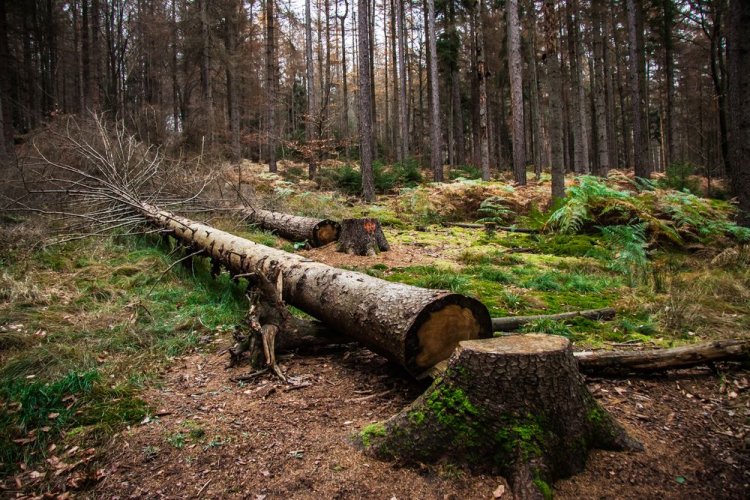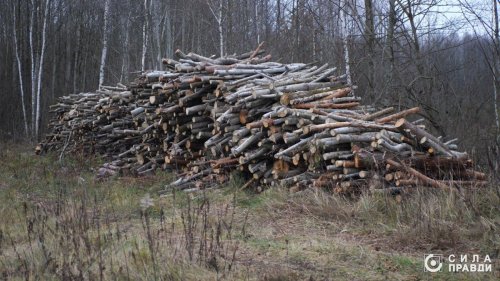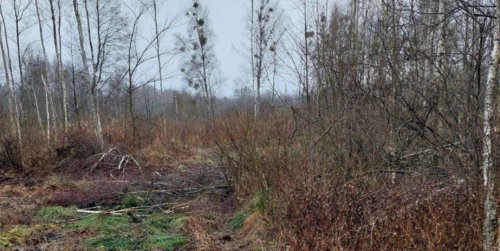Experts of the Ukrainian Nature Conservation Group (UNCG) have identified 6 main reasons for illegal logging not related to the war. These include changes in legislation, weakening of control over foresters' activities, and the abolition of the obligation to conduct biological research before developing forest management plans.
The full list was published on the UPG website.
The first reason for this was numerous changes to the legislation introduced by the Ukrainian government in 2022-2023 as part of a campaign to increase logging to support the economy. These changes were aimed at eliminating environmental bans on logging.
Currently, the State Enterprise "Forests of Ukraine" does not hide its plans to increase logging and is taking active measures for this, including the construction of new forest roads. Starting from 2022, it became easier to turn forests into a territory for building, agricultural activities or for use in infrastructure projects.
The second reason appeared in 2022, when control over the activities of foresters has weakened significantly . The experts reminded that until 2023 there was a moratorium on inspections by the State Environmental Inspection of Ukraine. Currently, in order to carry out inspections, the State Inspectorate must obtain a permit from the Ministry of Environment and Natural Resources of Ukraine, and in most cases, the Ministry does not issue such permits. Therefore, inspections are practically not carried out and illegal logging goes unnoticed.
The third reason was suspension of the "season of silence" – a legal ban on felling during the nesting period of birds. Officials justified this by the need to "increase the country's defense capability", in particular in the rear regions.
Experts named the fourth reason temporary abolition of the obligation to conduct biological studies before the development of forest management plans. It was introduced by the government in February 2023. Previously, in accordance with these plans, the amount of wood allowed for harvesting was determined for a certain area of the forest for the next 10 years.
The fifth reason: public information about the locations of the fellings is not available at this time . In particular, in the deep rear, and this is hardly related to the defense capability of the state.
As the sixth reason, UPG experts noted lack of physical access to forests. They said that in 2022 and 2023, regional administrations often forbade people to go to the forest, including in regions in the west of Ukraine. This circumstance also makes it difficult to track and fight against illegal logging.
The other day, EcoPolitic talked about new draft law, which, if adopted, will allow cutting down forests with a profitability of 2400%.
We also reported that in the Kyiv region ecologists saved the forest and the Geonavt cave from development.





